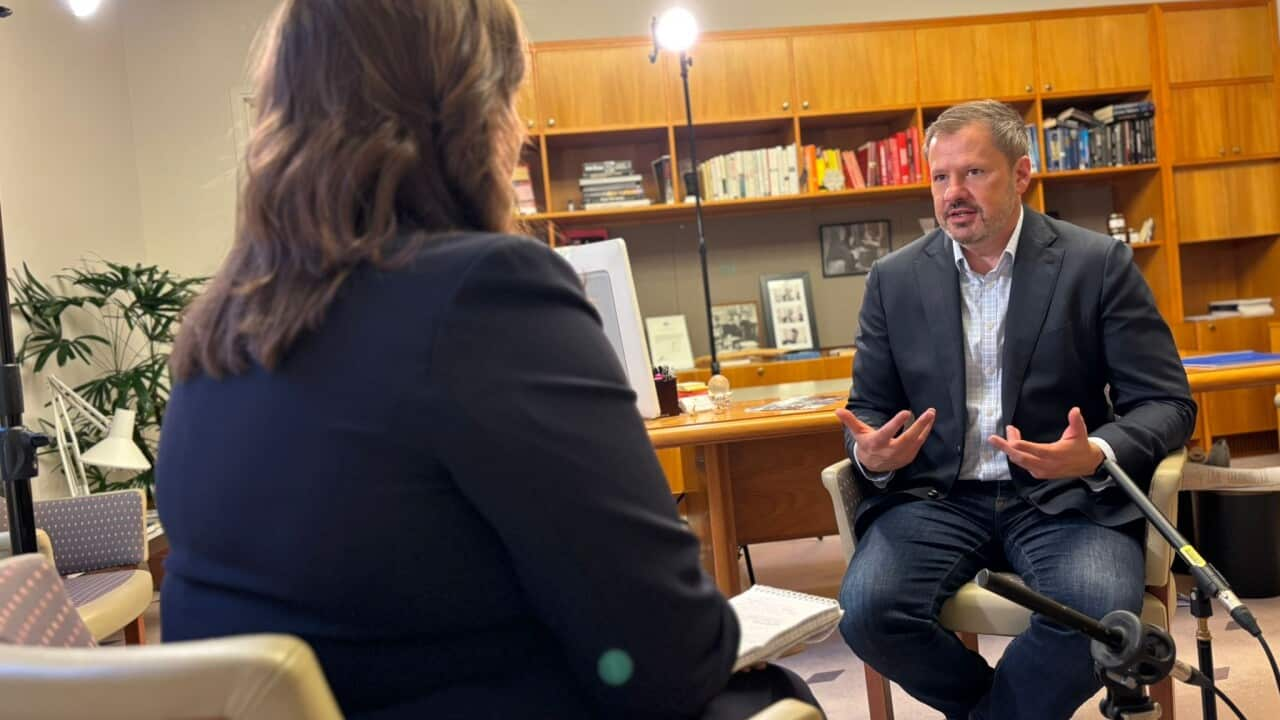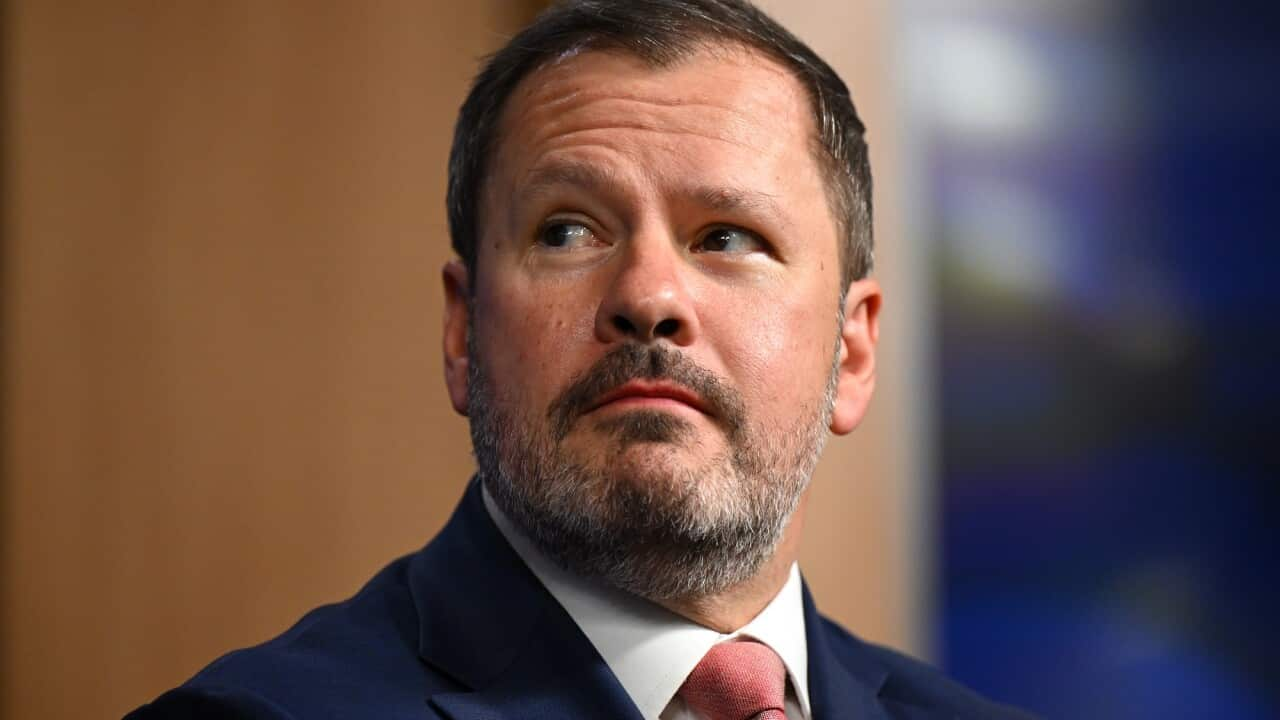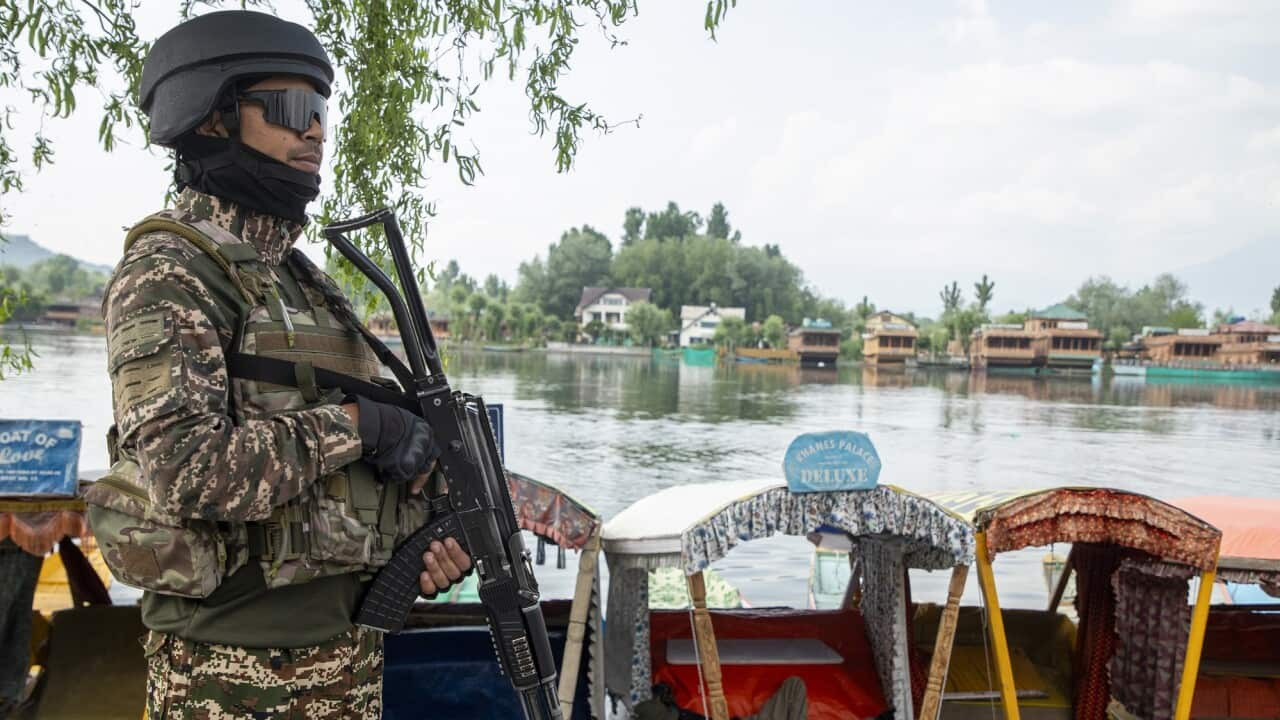Vanessa Pirotta is a wildlife scientist with Macquarie University's Predator Research Group.
She says this year's National Science Week, which runs from the 12th to the 20th of August, is all about showing how science can touch our everyday lives.
"We can make science accessible to everyone, regardless of age, by talking about science in the everyday - from how your computer works to how your car drives. These are all really important things to reflect on this science week."
But this National Science Week is also about making science more accessible to study.
Around 73 per cent of people studying a so-called STEM field - science, technology, engineering, or mathematics - are men.
Ms Pirotta says the hope is to make those fields more balanced.
"Typically when we think of science, we think of - at least in my opinion - a gentleman in a white lab coat. And that is very much the case for a lot of young children, especially when you ask them to draw what a scientist looks like. The good thing is now, with social media and the accessibility of various platforms on which you can see science, there is now this massive shift, or at least this urge towards a huge, diverse representation of everyone in science, whether it be boys, girls, people from different nationalities. We've got First Nations scientists. I myself am working with First Nations scientists to learn more about marine mammals in our waters. This is such a wonderful opportunity to merge the science with First Nations knowledge, so that we can create better understandings of the world around us. And that's really important."
Karlie Noon is an astrophysicist and mathematician with more than a decade's experience in science communication, and is also of Indigenous heritage- from the Gamilaraay people of northern New South Wales and southern Queensland.
She's especially keen to incorporate First Nations knowledge with science.
Ms Noon says knowledge from Indigenous elders has helped scientific study.
"Yeah, so being an Indigenous person I think impacts every facet of your life, and every decision you make. And for me, I'm really lucky, because I am able to work with my culture, and work with the stories that have been passed down by my ancestors and think about them in a slightly different way, through a scientific lens, and using my knowledge in physics, my knowledge of the sky, and being able to draw links together that wouldn't normally be available to me if I didn't really have that intense knowledge of how these systems work, like our old people did."
Ms Noon says National Science Week is an opportunity to show the social side of science as well.
"Science Week is a really great opportunity to get out in your community, meet local scientists, and also to gain an understanding on the type of work that they're involved in. How their work is contributing to your communities, your environments."
Graham Phillips is an astrophysicist and lecturer in science communication at the University of Melbourne.
He says getting kids to study science is not just an educational imperative, but an economic one, too.
"Look I still think it is an issue to a degree, and it's a case of getting people to understand the importance of that science training and science literacy in the coming decades. And in terms of the big profits that are to be made in those industries by businesses, I think it really is important that we encourage more kids to go into science, which of course requires teachers that are able to understand it and present it as an alternative for kids, and teach it. But also be enthused by it themselves, because that can make so much of a difference."













